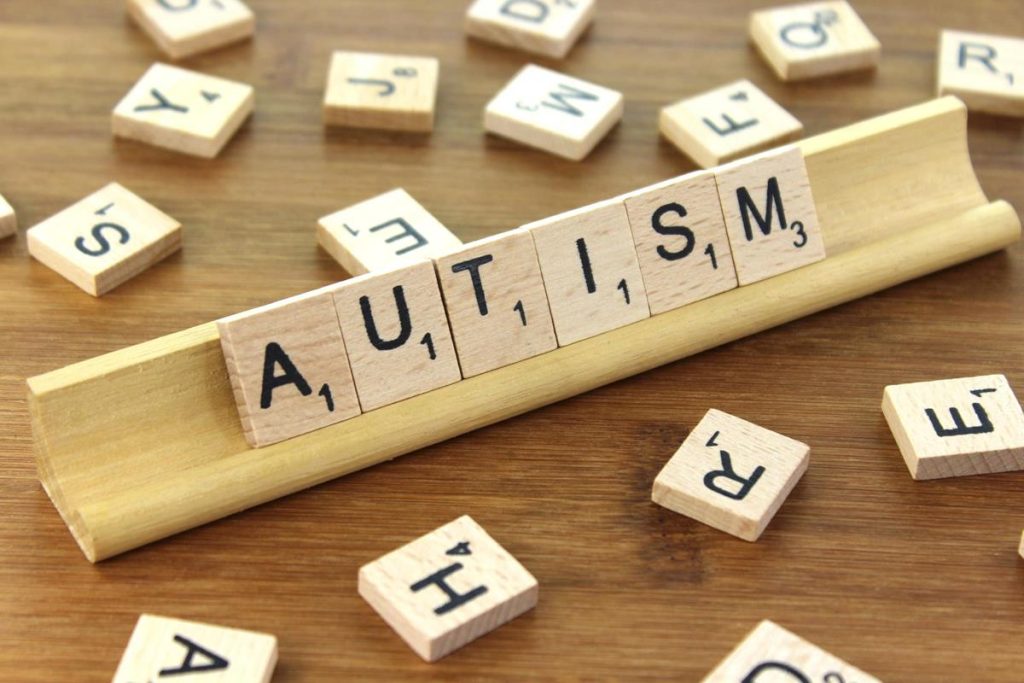Autism Acceptance Month – Embracing an inclusive future in building services
07 May 2024

Research looking into neurodivergence in the workplace consistently finds a high percentage of people with autism, ADHD and dyslexia in the building services and construction sector.
Last month (April), was Autism Acceptance Month 2024. In this blog, we explore why our sector is such a good fit for people who don’t fit the mould of the traditional workplace and how embracing diversity within the workforce helps us to solve the complex challenges of net zero.
Neurodiversity in building services – Insights from research
A quarter of construction workers in the UK identify as neurodiverse compared to 1 in 7 people in the general population, according to a report from the National Federation of Builders (NFB), The Construction Industry Training Board (CITB) and People’s Partnership.
Separate research from the Association for Project Management (APM) and On the Tools further support these findings.
Why is neurodivergence common in building services engineering?
Roles such as heating and hot water installer, plumber and gas engineer value practical skills and problem-solving, with less time spent doing paperwork. These roles are physical, with a diverse range of routes that allow workers to fully embrace their strengths.
Practical skills: building services engineers work with their hands which suits people who like to have flexibility of movement.
· Problem-solving mindset: creativity is valued in building services. A unique perspective can uncover innovative solutions to complex challenges, while attention to detail and the ability to hyperfocus on tasks drives progress and efficiency.
· Systematic thinking: tasks are often sequential and methodical, which suits people that may find comfort and confidence in the predictability of their work.
· Specialist skills: workers who have a special interest in a particular area of building services are encouraged to develop a deep understanding of their passion. This level of expertise is highly valued by employers and customers and will set you apart from the competition.
Training for all – breaking down barriers in building services
Autistic people can thrive in building services so its critical that points of entry into the industry are inclusive and welcoming, treating people with respect while encouraging as many people through the doors as possible.
This approach is the core of the LCL Awards Inclusivity Charter, which cements key values into a framework to help training centres take active steps towards inclusive practice. This could involve:
- implementing hands-on learning experiences and interactive simulations to complement theoretical instruction.
- providing mentorship and support networks to help autistic individuals navigate the challenges of the industry.
- offering flexibility in training schedules and formats to accommodate sensory sensitivities and individual preferences.
Embrace inclusivity in training
When building services engineering training is inclusive, everyone is valued and encouraged to achieve their highest potential.
Individuals are supported to develop a challenging and rewarding career, while the industry is enriched with diverse perspectives and talents, building resilience to the challenges of the low-carbon future.
Find out more about the LCL Inclusivity Charter and sign up

Research looking into neurodivergence in the workplace consistently finds a high percentage of people with autism, ADHD and dyslexia in the building services and construction sector.
Last month (April), was Autism Acceptance Month 2024. In this blog, we explore why our sector is such a good fit for people who don’t fit the mould of the traditional workplace and how embracing diversity within the workforce helps us to solve the complex challenges of net zero.
Neurodiversity in building services – Insights from research
A quarter of construction workers in the UK identify as neurodiverse compared to 1 in 7 people in the general population, according to a report from the National Federation of Builders (NFB), The Construction Industry Training Board (CITB) and People’s Partnership.
Separate research from the Association for Project Management (APM) and On the Tools further support these findings.
Why is neurodivergence common in building services engineering?
Roles such as heating and hot water installer, plumber and gas engineer value practical skills and problem-solving, with less time spent doing paperwork. These roles are physical, with a diverse range of routes that allow workers to fully embrace their strengths.
Practical skills: building services engineers work with their hands which suits people who like to have flexibility of movement.
· Problem-solving mindset: creativity is valued in building services. A unique perspective can uncover innovative solutions to complex challenges, while attention to detail and the ability to hyperfocus on tasks drives progress and efficiency.
· Systematic thinking: tasks are often sequential and methodical, which suits people that may find comfort and confidence in the predictability of their work.
· Specialist skills: workers who have a special interest in a particular area of building services are encouraged to develop a deep understanding of their passion. This level of expertise is highly valued by employers and customers and will set you apart from the competition.
Training for all – breaking down barriers in building services
Autistic people can thrive in building services so its critical that points of entry into the industry are inclusive and welcoming, treating people with respect while encouraging as many people through the doors as possible.
This approach is the core of the LCL Awards Inclusivity Charter, which cements key values into a framework to help training centres take active steps towards inclusive practice. This could involve:
- implementing hands-on learning experiences and interactive simulations to complement theoretical instruction.
- providing mentorship and support networks to help autistic individuals navigate the challenges of the industry.
- offering flexibility in training schedules and formats to accommodate sensory sensitivities and individual preferences.
Embrace inclusivity in training
When building services engineering training is inclusive, everyone is valued and encouraged to achieve their highest potential.
Individuals are supported to develop a challenging and rewarding career, while the industry is enriched with diverse perspectives and talents, building resilience to the challenges of the low-carbon future.
Find out more about the LCL Inclusivity Charter and sign up
